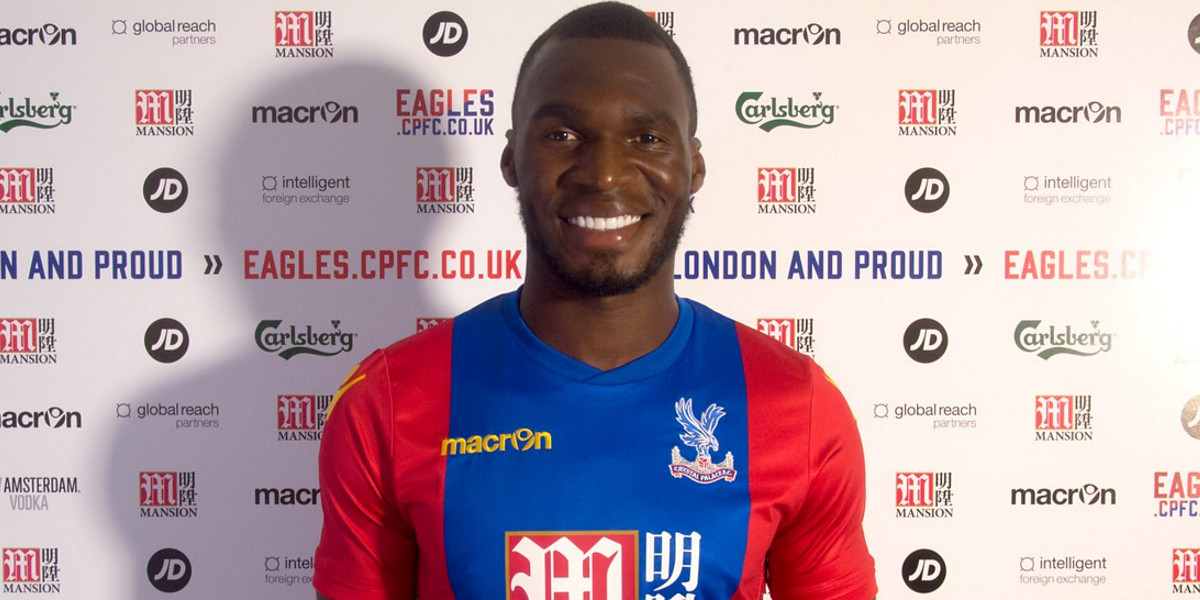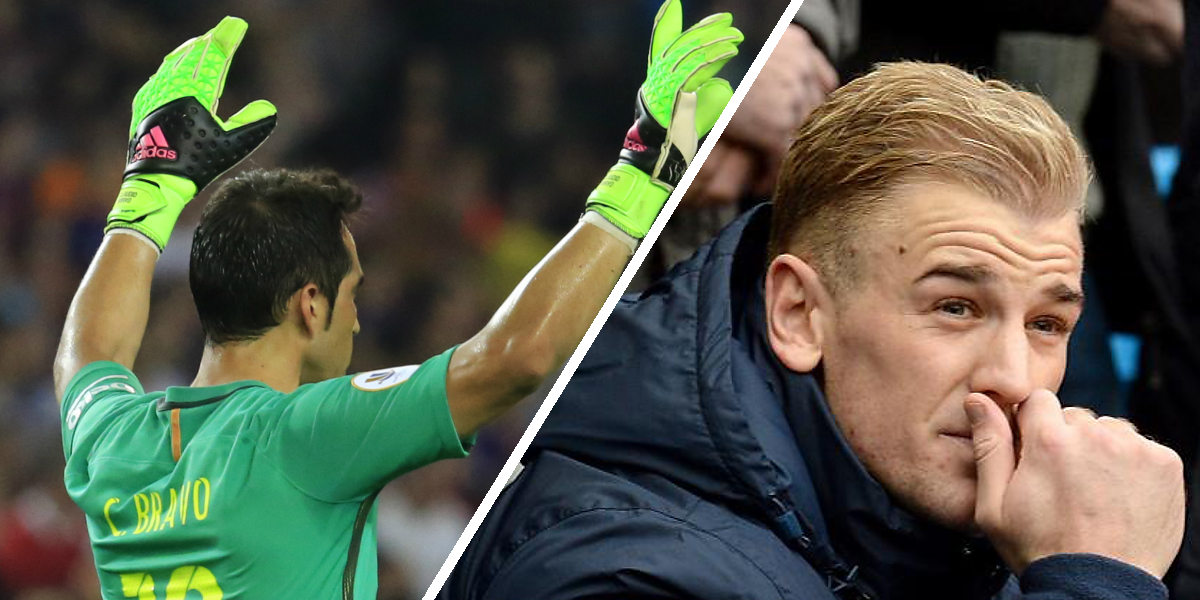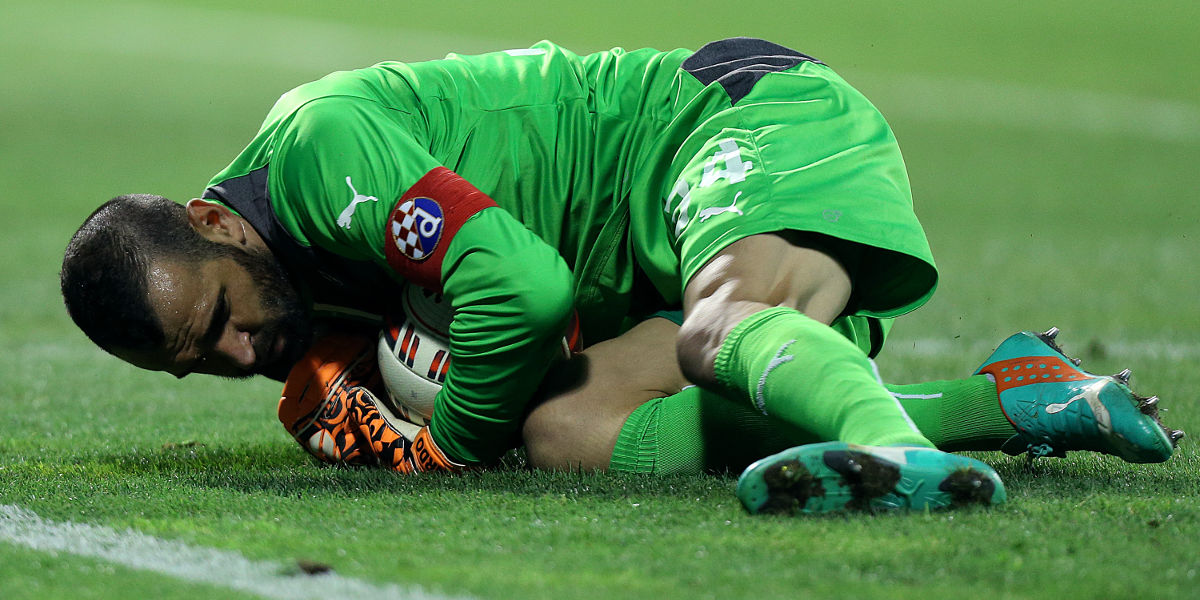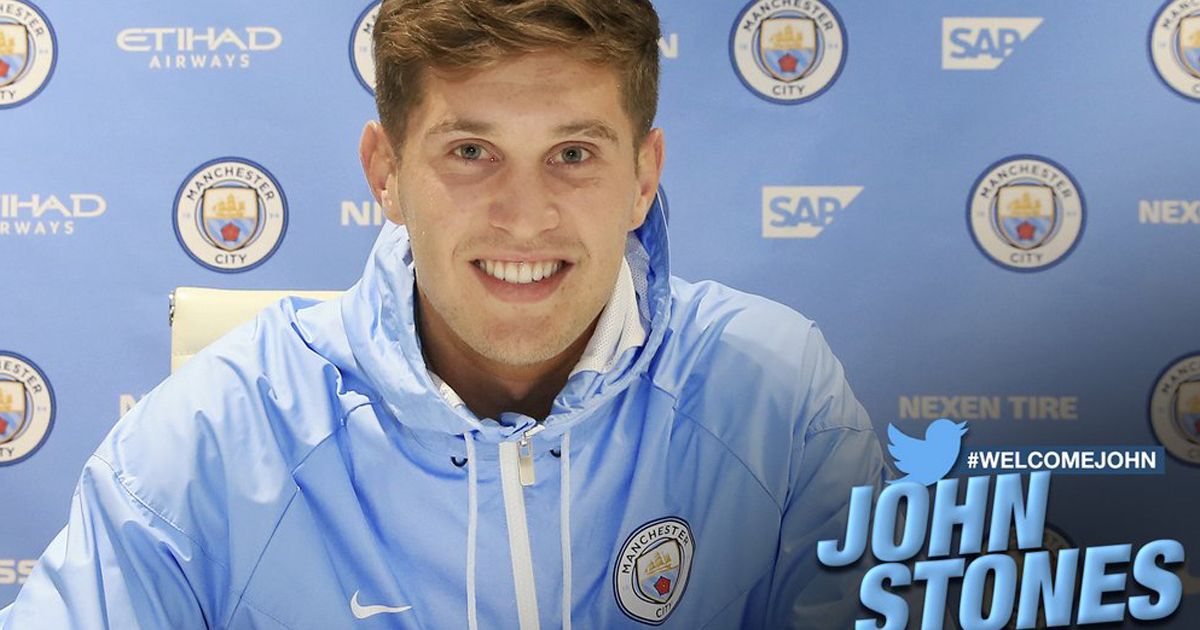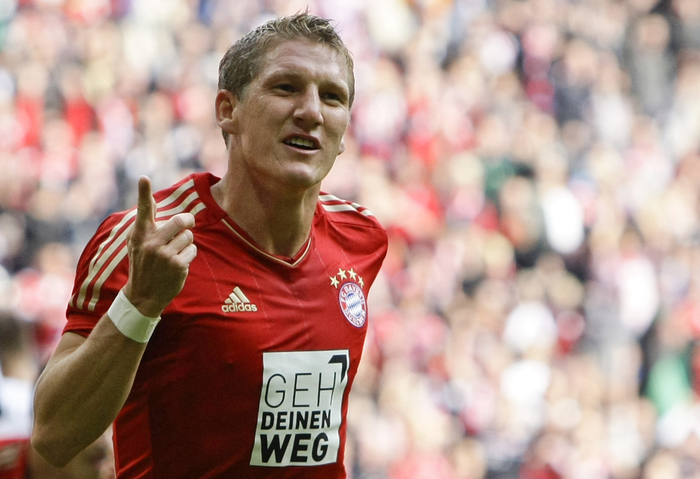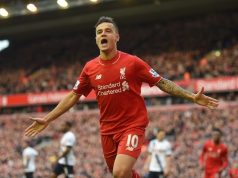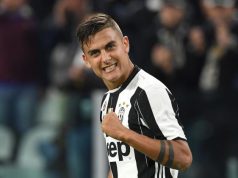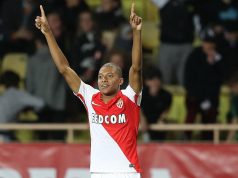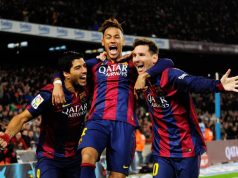By MATT BARLOW
‘In Munich we play to win,’ says Bastian Schweinsteiger as he relaxes into a black leather sofa in the depths of the Allianz Arena and tries to define the club which stands between Arsenal and the last eight of the Champions League.
He goes on: ‘There’s a famous slogan here in the Bavarian dialect and we use it inside Bayern Munich.
‘We say, “Mia san mia”. Literally it is, “We are we”, but it means, “We are who we are”. That’s not being very arrogant but we are very confident about our ability to win the game. It is about a winning mentality.
‘When our players come from somewhere else they sometimes show happiness when the game is 0-0 or 1-1, but we were brought up in an environment where we have to win.
‘We are not satisfied with 0-0 or 1-1. This is the mentality of Bayern Munich.’
It is Bayern confidence on top of German confidence. Schweinsteiger is 28 and, born in the Alpine ski village of Kolbermoor, he has spent 16 years within the confines of Bayern. It is part of who he is and he is central to the club’s 21st century identity.
Since making his debut at 18 he has won five Bundesliga and German Cup doubles.
The European title has eluded him, however, sometimes in heart-breaking, John Terry-esque style.
If he climbs from the sofa and strolls a few yards from the media suite past the wall where Bayern’s many honours are displayed, Schweinsteiger can see through a glass door the penalty area in front of the Sudkurve, the home end at the Allianz Arena.
Here, last May, his spot-kick was tipped on to a post by Petr Cech’s fingertips in the Champions League final. Schweinsteiger dragged his shirt over his face in despair.
As Didier Drogba finished off the Germans, Schweinsteiger sank to his knees and tears flowed. ‘I still think about that night, of course,’ he says. ‘We didn’t feel under pressure because we were at home. We felt very lucky to have the final in Munich.
‘We were motivated because it was at home. We felt it was better to be playing at home. It’s a pity we were not able to win.
‘We were the superior team. It all came down to penalties, just as it did for Chelsea when they lost to Manchester United in Moscow. Before the game, I had thought about how the match might end up. I knew Chelsea had lost on penalties in Moscow.
‘On the night, Chelsea showed 100 per cent of their ability and Bayern did not. With 110 minutes gone I looked up at the scoreboard and thought, “We have to win the game now”, but we could not do it. It went to penalties and we lost. Chelsea were lucky and we were not. Maybe it was a good way for Chelsea to make up for losing in Moscow. Maybe it was a matter of fate.’
Second best has never been accepted at Bayern. Yet, since the hat-trick of titles inspired by Franz Beckenbauer, Gerd Muller and Co between 1974 and 1976, they have won the European Cup only once in 36 years. Five times they have been runners-up.
This catalogue of near-misses has clouded their status as a genuine European power, although such misconceptions seemed to be erased in a flash when Pep Guardiola shook hands on his move to Bavaria, agreeing to succeed Jupp Heynckes in the summer.
Inside Germany, there has never been any doubt about the star quality of a club once dubbed FC Hollywood. The country’s best players gravitate towards Munich and those who do well find it difficult to leave.
When Schweinsteiger signed a five-and-a-half year contract in December 2010, six months after losing to Inter Milan in his first Champions League final, he told the fans: ‘I want to win the Champions League but the question is this: Is that better with Real Madrid, Inter Milan, some other club or Bayern Munich. I think I’ve answered that question clearly and unmistakably. We can achieve a lot here.’
Bayern responded to last year’s agony by spending a club record £35million on Spanish midfielder Javi Martinez and a further £10m on Swiss winger Xherdan Shaqiri.
They are well clear at the top of the Bundesliga this season — Friday’s 2-0 win at Wolfsburg made it five victories in a row — with Heynckes on course for the club’s 23rd German title before he hands over to Guardiola. Perhaps he can add a fifth European title and pull level with Liverpool as the third most successful club in the competition.
Schweinsteiger adds: ‘We are hungry to win the Champions League. This team have been to the final twice and didn’t win.
‘We have more experience and we’re moving towards our aim. Compared to the final against Chelsea, we are stronger. We have more good players and we are stronger on the bench. This is a crucial point.
‘In the final, Chelsea brought on Fernando Torres and Florent Malouda and that helped them win the game. That’s a big difference to last season. We have more options to change.
‘We are eager to win, we have become a better team and again we are all working towards a return to the final.
‘Five or six teams in Europe are candidates to win the Champions League and we are one of them. I know most of Europe do not want to play against Bayern Munich. We have gained a lot of respect during the last four or five years but we have to win against Arsenal before we start to think about this.’
Schweinsteiger follows English football closely and is in regular email contact with Lukas Podolski, his Germany and former Bayern team-mate, who joined Arsenal from Cologne last year.
‘He really likes London and he is enjoying his football,’ says Schweinsteiger. ‘He is in a better team and shows himself off in better terms. When he came to Munich, he didn’t play too often and he had trouble with the coach at the time but everybody in the team liked him a lot. I wish we would have spent more time with Podolski. He’s a very talented guy.’
‘Schweini’ and ‘Poldi’ have more than 200 caps between them. Today, they are seasoned professionals, a far cry from the days when they were catapulted side-by-side on to the world scene, the personification of a fresh and fluent Germany team which reached the last four of their home World Cup under Jurgen Klinsmann in 2006.
In seven years since, they have helped restore German pride at international level after a brief lull and the nation’s domestic game is flourishing at a time when the power of English clubs shows a hint of fading.
Schalke and Borussia Dortmund joined Bayern in the last 16 of this Champions League campaign while, for the second year running, only two English teams made the knock-out stage.
In terms of the important UEFA ranking coefficients, Germany are closing on England in second.
Bayern are ranked second only to Barcelona over the last five years and Dortmund were top of this season’s rankings after the group stages of European competition.
Is it really such a shock that Guardiola will make Bayern — the biggest club in an exciting league — his first project after Barcelona?
Schweinsteiger says: ‘The arrival of Pep Guardiola next season shows we are a great club but it also shows the power of the Bundesliga.
‘German football is in a good position and Bayern Munich is in a very healthy and happy condition financially. We are self-financing, which is very rare in a European league.’
Guardiola is expected to be backed with funds to build on this Bayern team, which blends homespun talent like Schweinsteiger, Manuel Neuer, Philipp Lahm, Toni Kroos and Thomas Muller with imports like Martinez, Arjen Robben and Franck Ribery.
Neymar has already been linked with a move to Munich, amid suggestions he was sounded out by Bayern’s Brazilian centre half Dante.
‘The quality of players in the Bundesliga has increased,’ says Schweinsteiger. ‘We have great clubs, technical football and interesting players.
‘The German national team are better off but it is not only about the German players, the players coming in from outside are better too. We have good teams like Dortmund and Leverkusen but also smaller teams like Eintracht Frankfurt and Mainz who have very good technical players.
‘That’s a new trend we’ve seen in the last five years. The small teams are playing well. That’s visible and it has had an impact on German football. We are better off now and we have not reached our limits.’








